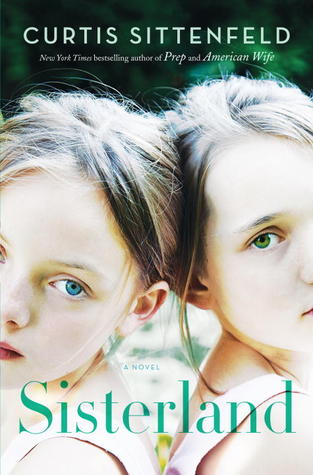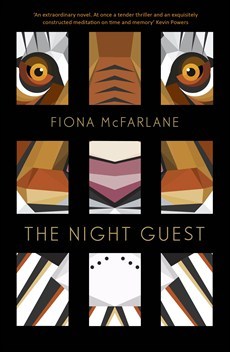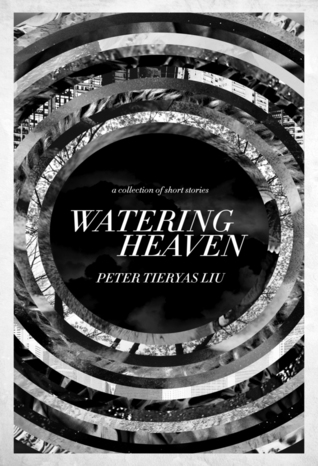The final novel from legendary Canadian author WP Kinsella.
Butterfly Winter, W.P. Kinsella's first novel in 15 years, is the story of Julio and Esteban Pimental, twins born in the Caribbean country of Courteguay, an enchanted but impoverished enclave on the border between Haiti and the Dominican Republic where time moves at its own pace and reality is open to question.
The brothers are born to play baseball, they even played catch in the womb, and at the age of ten they leave home for the American Major Leagues. Julio proves to be a winning pitcher who, much to the frustration of any team that signs him, will only throw to his catcher brother, who is a very weak hitter.
Amazon description
W P Kinsella's magic realist baseball novel Shoeless Joe, the book that was translated into the film Field of Dreams, was already on my to-read (and to-buy) list, when I got the opportunity to receive a review copy of this, his last book. Kinsella had given up on writing following being struck by a car but then after fifteen years at the age of 76 Kinsella published this book.
Butterfly Winter reads like a book by someone who is overflowing with ideas and enthusiasm and enjoying the process of writing tremendously. The book revels in magic - a blanket of monarch butterflies cover the bodies of young lovers, foetuses play baseball in the womb, plants grow and flower upside down, soldiers are speared by herons - so much so that the realism plays a lesser part. Set in a fictional magical Latin American country instead of a magical USA this book is closer to the roots of magic realism.
Although the book has baseball as a theme, it is also about writing and fiction. There are two narrators - a gringo journalist (perhaps a fictional Kinsella), investigating the story of the baseball-playing twins as well as the history and politics of Courteguay, and an old wizard, baseball guru, country's president and fraudster (perhaps also Kinsella). Kinsella has great fun with the latter narrator, whose identity shifts along with his name during the course of the book: I am what is known in literary circles as an unreliable narrator. The wizard's ironic comments allow Kinsella to explore the nature of fantasy and truth: Who's to say what is truth. People tell tales, and as the tales emerge they become as good as truth. In Courteguay, anything that can be imagined exists. The telling is the truth. Truth is spun like silk: truth is manufactured.
All this makes for a fun and funny book, but then Kinsella ventures into the dark territory of Latin American magic realism as the pregnant partner of one of the twins is held and tortured as a political opponent of the sadistic dictator of Courteguay. The change of tone is a shock, but not nearly as shocking as the way the story then continues in a generally comic vein.
Kinsella also plays with the chronology of the story, which moves backwards and forwards all over the place. As the wizard comments: This is Courteguay... The word chronological is not in our language, neither is sequence. Things happen. That is all there is to it.
Butterfly Winter reads like a book by someone who is overflowing with ideas and enthusiasm and enjoying the process of writing tremendously. The book revels in magic - a blanket of monarch butterflies cover the bodies of young lovers, foetuses play baseball in the womb, plants grow and flower upside down, soldiers are speared by herons - so much so that the realism plays a lesser part. Set in a fictional magical Latin American country instead of a magical USA this book is closer to the roots of magic realism.
Although the book has baseball as a theme, it is also about writing and fiction. There are two narrators - a gringo journalist (perhaps a fictional Kinsella), investigating the story of the baseball-playing twins as well as the history and politics of Courteguay, and an old wizard, baseball guru, country's president and fraudster (perhaps also Kinsella). Kinsella has great fun with the latter narrator, whose identity shifts along with his name during the course of the book: I am what is known in literary circles as an unreliable narrator. The wizard's ironic comments allow Kinsella to explore the nature of fantasy and truth: Who's to say what is truth. People tell tales, and as the tales emerge they become as good as truth. In Courteguay, anything that can be imagined exists. The telling is the truth. Truth is spun like silk: truth is manufactured.
All this makes for a fun and funny book, but then Kinsella ventures into the dark territory of Latin American magic realism as the pregnant partner of one of the twins is held and tortured as a political opponent of the sadistic dictator of Courteguay. The change of tone is a shock, but not nearly as shocking as the way the story then continues in a generally comic vein.
Kinsella also plays with the chronology of the story, which moves backwards and forwards all over the place. As the wizard comments: This is Courteguay... The word chronological is not in our language, neither is sequence. Things happen. That is all there is to it.
The book isn't perfect. Kinsella has rather too much fun packing the magic realist kitchen sink into the seventy-eight short chapters. But readers of magic realism are bound to find much to enjoy.
I was given this book by the publisher via Edelweiss in return for a fair review.
I was given this book by the publisher via Edelweiss in return for a fair review.




